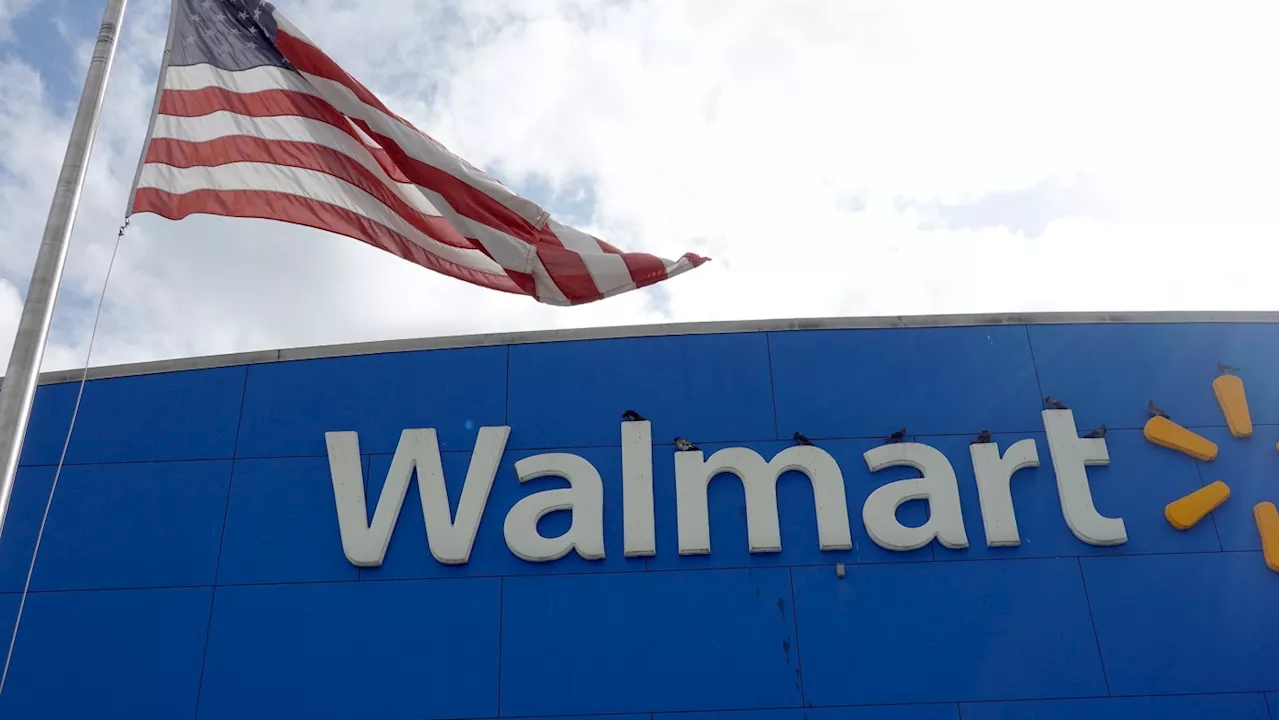President Trump's attacks on DEI initiatives are accelerating, prompting many large companies to scale back their diversity programs. While some see this as a sign of corporate America's wavering commitment, DEI experts believe it could be a wake-up call for businesses to rethink their strategies and prioritize genuine, long-term change.
President Trump is accelerating the attacks on diversity-in-business programs. But DEI experts say this may be the wakeup call big companies need. An American flag flies outside a Walmart store in Miami. In 2020, Walmart was one of many large U.S. companies that pledged to fight racism and increase internal diversity. But now it, Amazon , Facebook and many other companies are ending some of those programs.The sweeping reckoning on racism it sparked, corporate America rushed to join in.
The commitment to diversity, equity and inclusion (DEI) was estimated in 2021 to be worth \$50 billion. And their CEOs announced these promises with solemn rhetoric about their companies' roles in fixing societal problems. Now, the tide seems to be turning in the other direction. Mounting political and legal attacks have turned DEI —'diversity, equity and inclusion' — from a corporate rallying cry to a politically-toxic football. It may seem that big companies are just adapting to political and legal pressure, but diversity experts also blame a more fundamental failure: Many businesses never truly committed to DEI — they were either lukewarm about their pledges — or their costs — from the start, they say. So corporate America may have never gotten DEI right in the first place. 'What we're seeing in the moment is the few companies who took it to heart … and the many who just wanted to sprinkle some DEI on top, especially after George Floyd,' says Portia Allen-Kyle, who runs the racial justice nonprofit Color of Change.'And that was never going to be a viable strategy.'Allen-Kyle is pretty pessimistic these days about the future of DEI in corporate America, and the fallout for Black and other minority workers. But some diversity experts see a silver lining from the scrutiny: They hope that companies that care about building fairer, more inclusive workplaces are rethinking their strategies — and may now finally have a chance to get it right.President Trump signs an executive order in the Oval Office of the White House in Washington, D.C., on Jan. 20, 2021. into the private sector. Walmart, Meta, Amazon, and many others have already joined the retreat, ending many of their 2020-era pledges and programs. For example, Walmart said it won't renew the funding for its racial equity center and that it will end some other diversity-focused programs. 'We remain committed to creating a culture where everyone can be successful, and ensuring we are a Walmart for everyone,' a company spokesperson tells NPR.. For example, in a note shared with NPR, Amazon executive Candi Castleberry told employees last year that 'we remain dedicated to delivering inclusive experiences for customers, employees, and communities around the world.' (Meta did not respond to a request for comment.)When Floyd was murdered, many big companies were already promoting themselves as leaders in society, not just business. This widespread trend was known as Corporate Social Responsibility (CSR). Companies argued that they could do more to help workers, society, and the planet — while also making more money for investors. Paying workers more inevitably costs money, and cuts into short-term profits; so does turning down business opportunities that could have a negative impact on the environment. Meanwhile, CEOs who take stands on social or environmental issues risk drawing the ire of shareholders and customers who don't agree. 'It is always going to be difficult, if you are a for-profit publicly traded company, to have your leader talk about anything other than maximizing profits,' says Sekou Bermiss, an associate professor of strategy and entrepreneurship at the University of North Carolina at Chapel Hill. 'That is, in the U.S., the way we are wired.' But when Floyd was murdered, big companies had raised the expectations of employees and customers that they would take a stand. And Bermiss argues that many rushed into promises without thinking through the costs — or what made the most sense for each individual business. Instead, some companies relied too much on the prospect of financial rewards for DEI programs, or what became known as 'the business case for diversity.' 'It was being pitched as, 'Diversity is always going to help the bottom line,' Bermiss says. 'But no one would ever say that.' research has found that when companies increase the diversity of their executive teams, they generally don't see a financial impact — good or bad.Still, Bermiss and others point out that DEI policies can have significant business impacts, even if they're not apparent in short-term financial results. Having a more diverse team can help create products that appeal to more consumers, or help employees feel more satisfied with their jobs.retailer Costco noted in a recent SEC filing that its DEI efforts 'help bring originality and creativity to our merchandise offerings' and 'enhance our capacity to attract and retain employees who will help our business succeed,' among other benefits.In an aerial view, the Costco logo is displayed on the exterior of a Costco store in Richmond, California. The massive retailer successfully brushed off an anti-DEI shareholder proposal last month. Many companies, even those with a history of DEI commitments, are now facing pressure from investors to prioritize profits over social responsibility initiatives. These companies, which are financial powerhouses, whose profits and share prices keep their investors happy, are walking a tightrope as public pressure on DEI mounts and the political landscape shifts.
CORPORATE SOCIAL RESPONSIBILITY DEI DIVERSITY EQUITY INCLUSION PRESIDENT TRUMP AMAZON WALMART META COSTCO
United States Latest News, United States Headlines
Similar News:You can also read news stories similar to this one that we have collected from other news sources.
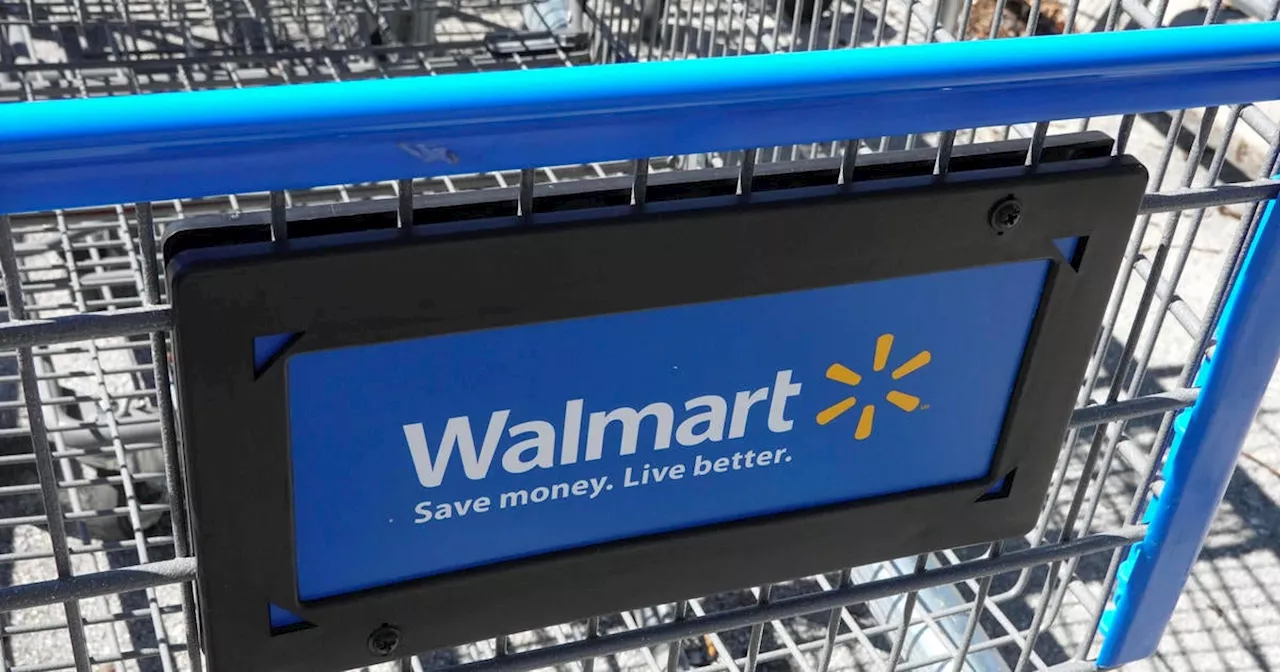 Walmart Facing Investor Backlash Over Retreat From DEI InitiativesDozens of shareholders, representing $266 billion in assets, are calling on Walmart to explain the business reasons behind its decision to scale back diversity, equity, and inclusion (DEI) programs. The investors, including Amalgamated Bank and Dominican Sisters of Grand Rapids, expressed concern that Walmart is succumbing to pressure from anti-DEI groups.
Walmart Facing Investor Backlash Over Retreat From DEI InitiativesDozens of shareholders, representing $266 billion in assets, are calling on Walmart to explain the business reasons behind its decision to scale back diversity, equity, and inclusion (DEI) programs. The investors, including Amalgamated Bank and Dominican Sisters of Grand Rapids, expressed concern that Walmart is succumbing to pressure from anti-DEI groups.
Read more »
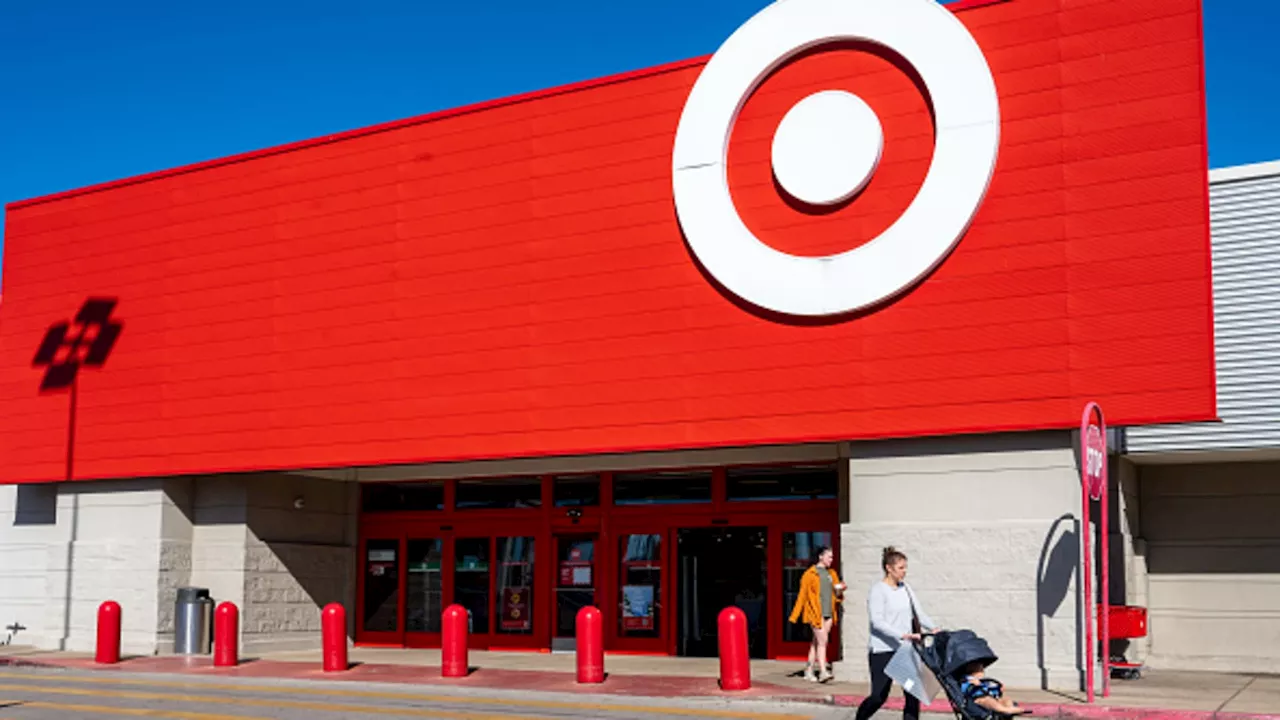 Target rolls back DEI initiatives, the latest big company to retreatTarget joins Walmart, Meta, McDonald's and a wave of other major companies pulling back on DEI programs.
Target rolls back DEI initiatives, the latest big company to retreatTarget joins Walmart, Meta, McDonald's and a wave of other major companies pulling back on DEI programs.
Read more »
 Major Corporations Retreat from DEI Initiatives Amidst Republican BacklashFollowing a Republican-led campaign to dismantle diversity, equity, and inclusion (DEI) efforts, prominent corporations like Target, Walmart, and McDonald's are scaling back their DEI programs. This shift reflects a broader political trend aiming to move away from DEI initiatives in both public and private sectors.
Major Corporations Retreat from DEI Initiatives Amidst Republican BacklashFollowing a Republican-led campaign to dismantle diversity, equity, and inclusion (DEI) efforts, prominent corporations like Target, Walmart, and McDonald's are scaling back their DEI programs. This shift reflects a broader political trend aiming to move away from DEI initiatives in both public and private sectors.
Read more »
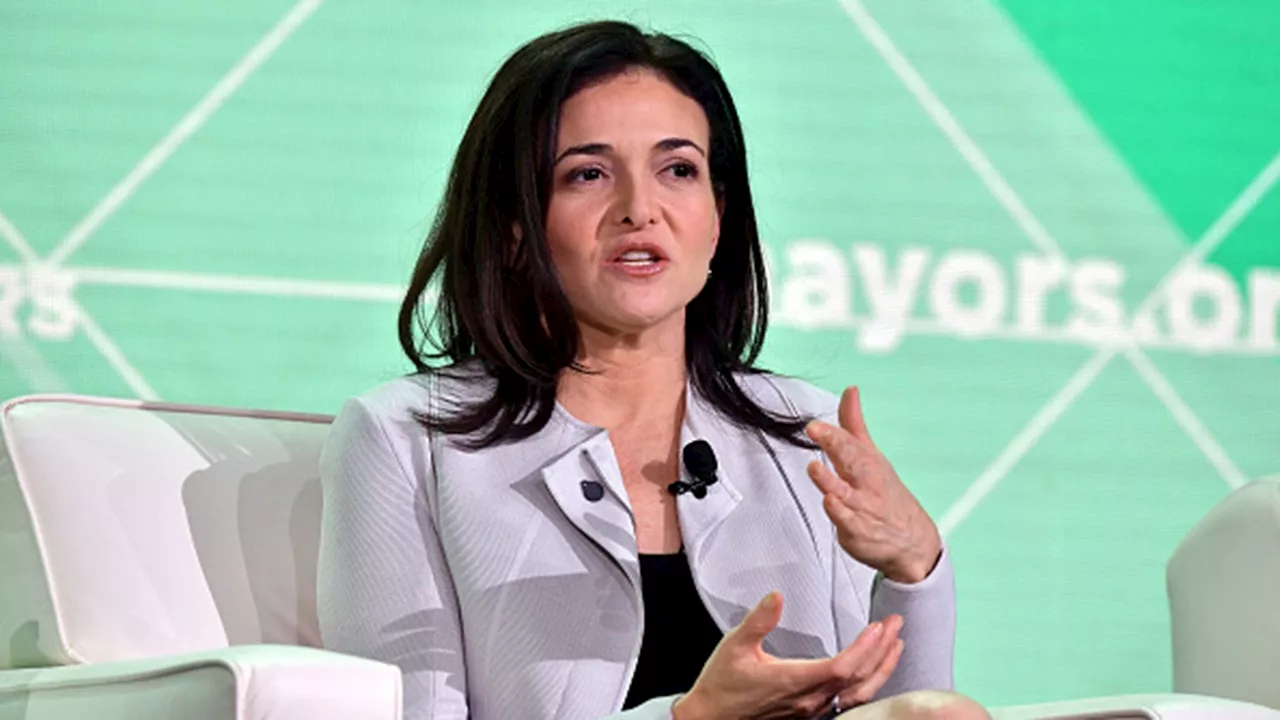 Meta CEO Zuckerberg Blames Former Exec for DEI Push, Ending Programs Amidst Legal Landscape ShiftMeta CEO Mark Zuckerberg reportedly blamed former COO Sheryl Sandberg for the company's diversity, equity, and inclusion (DEI) initiatives, while signaling support for potential rollbacks of DEI culture in corporate America. Zuckerberg met with former Trump aide Stephen Miller and expressed his intent to end Meta's DEI programs, citing the evolving legal landscape and public perception of the term 'DEI'. The company's vice president of human resources, Janelle Gale, confirmed the end of DEI programs in a memo to employees, stating that recent Supreme Court decisions and the charged nature of the term 'DEI' contributed to the shift.
Meta CEO Zuckerberg Blames Former Exec for DEI Push, Ending Programs Amidst Legal Landscape ShiftMeta CEO Mark Zuckerberg reportedly blamed former COO Sheryl Sandberg for the company's diversity, equity, and inclusion (DEI) initiatives, while signaling support for potential rollbacks of DEI culture in corporate America. Zuckerberg met with former Trump aide Stephen Miller and expressed his intent to end Meta's DEI programs, citing the evolving legal landscape and public perception of the term 'DEI'. The company's vice president of human resources, Janelle Gale, confirmed the end of DEI programs in a memo to employees, stating that recent Supreme Court decisions and the charged nature of the term 'DEI' contributed to the shift.
Read more »
 Trump Orders Dismantling of Federal Diversity and Inclusion ProgramsPresident Trump has issued an executive order directing federal agencies to suspend diversity and inclusion (DEI) programs and personnel. The order mandates the immediate placement of DEI office staffers on paid leave, the removal of public DEI-focused webpages, and the cancellation of related trainings and contracts. Agencies are also required to compile lists of DEI offices and workers, paving the way for potential layoffs. The move represents a significant rollback of President Biden's DEI initiatives and reflects a broader conservative push to challenge DEI efforts in both the public and private sectors.
Trump Orders Dismantling of Federal Diversity and Inclusion ProgramsPresident Trump has issued an executive order directing federal agencies to suspend diversity and inclusion (DEI) programs and personnel. The order mandates the immediate placement of DEI office staffers on paid leave, the removal of public DEI-focused webpages, and the cancellation of related trainings and contracts. Agencies are also required to compile lists of DEI offices and workers, paving the way for potential layoffs. The move represents a significant rollback of President Biden's DEI initiatives and reflects a broader conservative push to challenge DEI efforts in both the public and private sectors.
Read more »
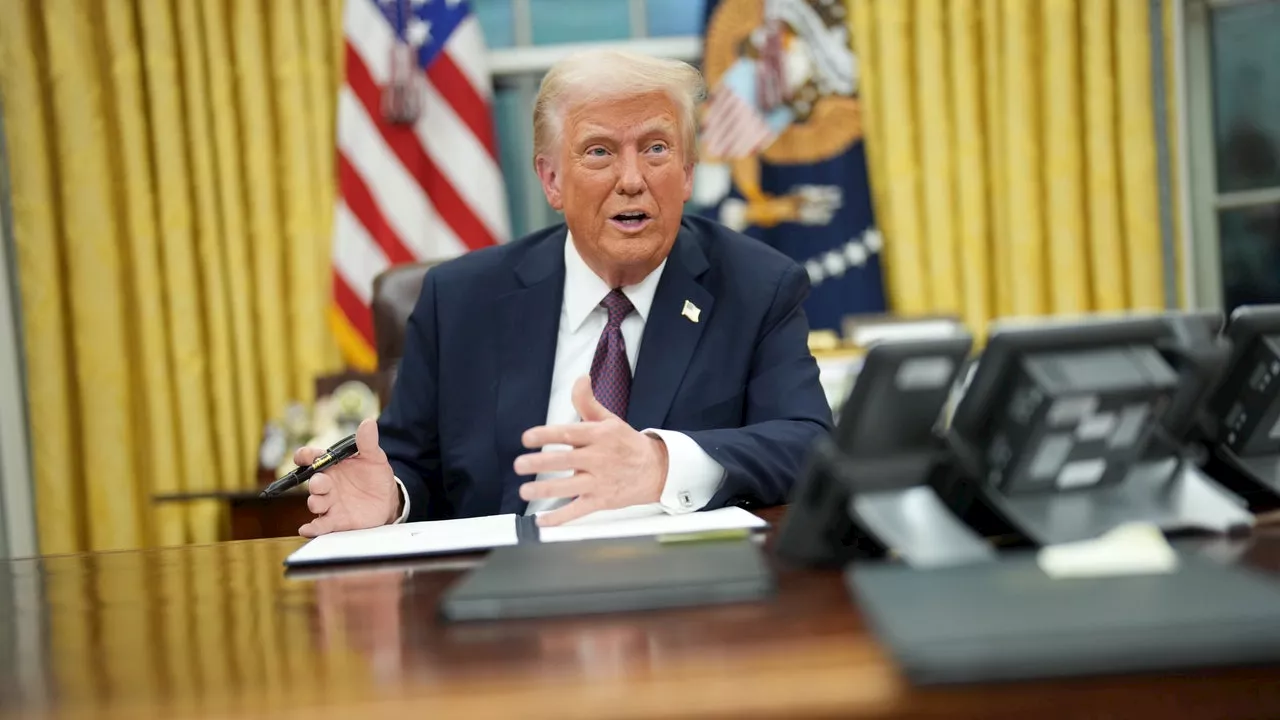 Trump's Anti-DEI Purge Sweeps Across Corporate AmericaFollowing a wave of controversial executive orders, the Trump administration is embarking on a purge of diversity, equity, and inclusion (DEI) programs across the federal government and beyond. Trump has labeled DEI initiatives as 'illegal and immoral discrimination,' echoing a broader right-wing backlash against such programs. This trend has seen numerous states consider anti-DEI laws, major companies like Ford and Boeing roll back their DEI efforts, and universities facing pressure to curtail their initiatives. Even some companies in Trump's immediate circle, like McDonald's and Walmart, have scaled back or ended their DEI programs, citing a shifting legal and political climate.
Trump's Anti-DEI Purge Sweeps Across Corporate AmericaFollowing a wave of controversial executive orders, the Trump administration is embarking on a purge of diversity, equity, and inclusion (DEI) programs across the federal government and beyond. Trump has labeled DEI initiatives as 'illegal and immoral discrimination,' echoing a broader right-wing backlash against such programs. This trend has seen numerous states consider anti-DEI laws, major companies like Ford and Boeing roll back their DEI efforts, and universities facing pressure to curtail their initiatives. Even some companies in Trump's immediate circle, like McDonald's and Walmart, have scaled back or ended their DEI programs, citing a shifting legal and political climate.
Read more »
